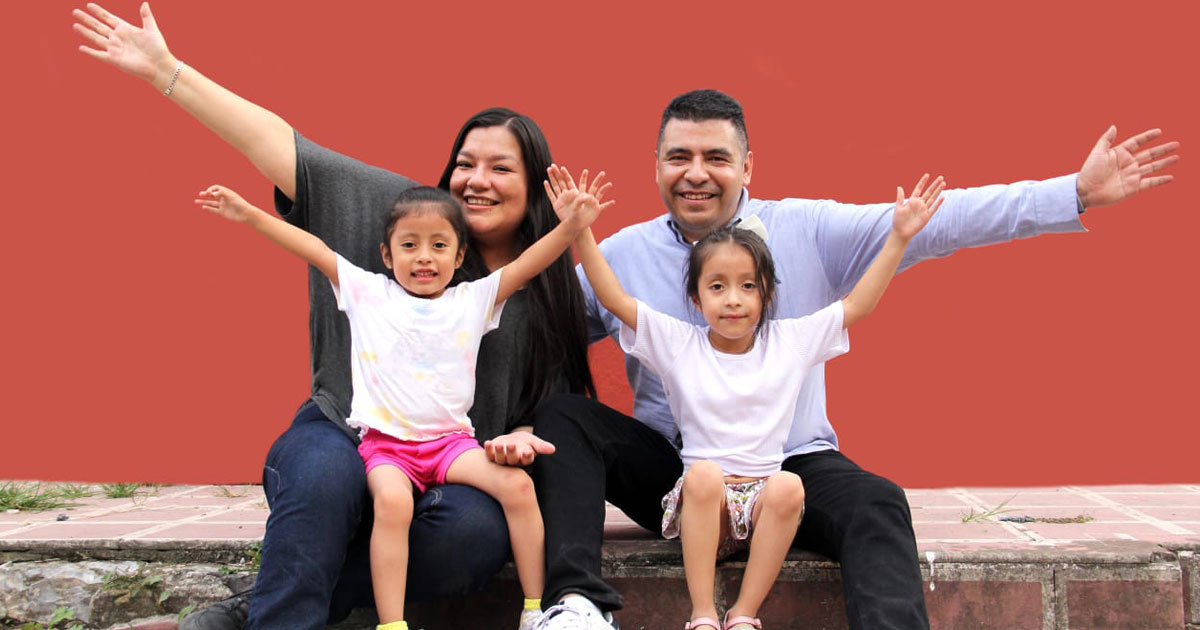By Noelle Teoh & Gloria James
The recent case of a Foreign Domestic Worker (FDW) caught moonlighting has reignited debate about whether Singapore should revisit the rules surrounding part-time work. While the law currently imposes a blanket ban, the reality faced by many FDWs calls for a more nuanced approach.
Why This Issue Matters
Back in 2020, I expressed the view that some flexibility could be granted to FDWs to take on part-time jobs — provided safeguards were in place to prevent involvement in vice-related activities. That view has not changed. In fact, the recent case highlights the need to re-examine the ban against the backdrop of a changing economy and evolving social needs.
Under Ministry of Manpower (MOM) guidelines, FDWs are entitled to one rest day per week. If they agree to work on their rest day, they must be compensated with at least one day’s salary. In practice, most rest days fall on Sundays, where FDWs often spend long hours in public spaces with limited low-cost recreational options.
Allowing part-time work, with proper safeguards, could help FDWs use their rest days more meaningfully, earn additional income legitimately, and reduce the temptation to turn to illegal or unsafe avenues.
Why FDWs Moonlight
Financial Pressures
Many FDWs support large families back home, covering expenses such as education, healthcare, and daily living costs. Some also struggle with unpaid agency fees or loans that take months or years to repay. Extra income from part-time work offers vital relief from these financial strains.
Limited Leisure Options
Affordable recreational activities are scarce. Without structured spaces or programs, FDWs may find themselves idling in public areas or spending beyond their means on costly activities. Part-time work offers a more productive alternative.
Desire for Purpose and Skills
Beyond financial reasons, many FDWs prefer to spend their time in purposeful ways. Taking on part-time jobs can provide a sense of accomplishment and allow them to learn skills that may prove valuable when they return home or seek future employment.
What a Flexible System Could Look Like
If Singapore were to consider legalising limited part-time work for FDWs, a clear and regulated framework would be essential. Such a system might include:
Employer and MOM Approval
: FDWs would need their employer’s consent and MOM’s approval before engaging in external work.
Supporting Documentation
: Proof of legitimate employment, hygienic food preparation, safe working conditions, and declared work locations.
Insurance Coverage
: Separate insurance for part-time work to cover accidents or liabilities, possibly offered at discounted rates.
Clear Boundaries
: Caps on the number of hours FDWs can spend on part-time work to prevent overwork.
Periodic Checks
: MOM could carry out spot checks to ensure compliance with declared activities.
Employer Accountability
: Employers could be required to confirm that their FDWs are following regulations.
Skills Development
: Opportunities such as SkillsFuture courses could equip FDWs with training, licenses, or credentials that boost employability and safety in their part-time roles.
Towards a Balanced Approach
A blanket ban may no longer serve the best interests of FDWs, their employers, or the wider society. By introducing regulated avenues for part-time work, FDWs could gain financial independence, skills development, and safer environments, while reducing the risks associated with illegal or exploitative side jobs.
The conversation is not about relaxing standards — it is about adapting them thoughtfully to balance protection with empowerment.














